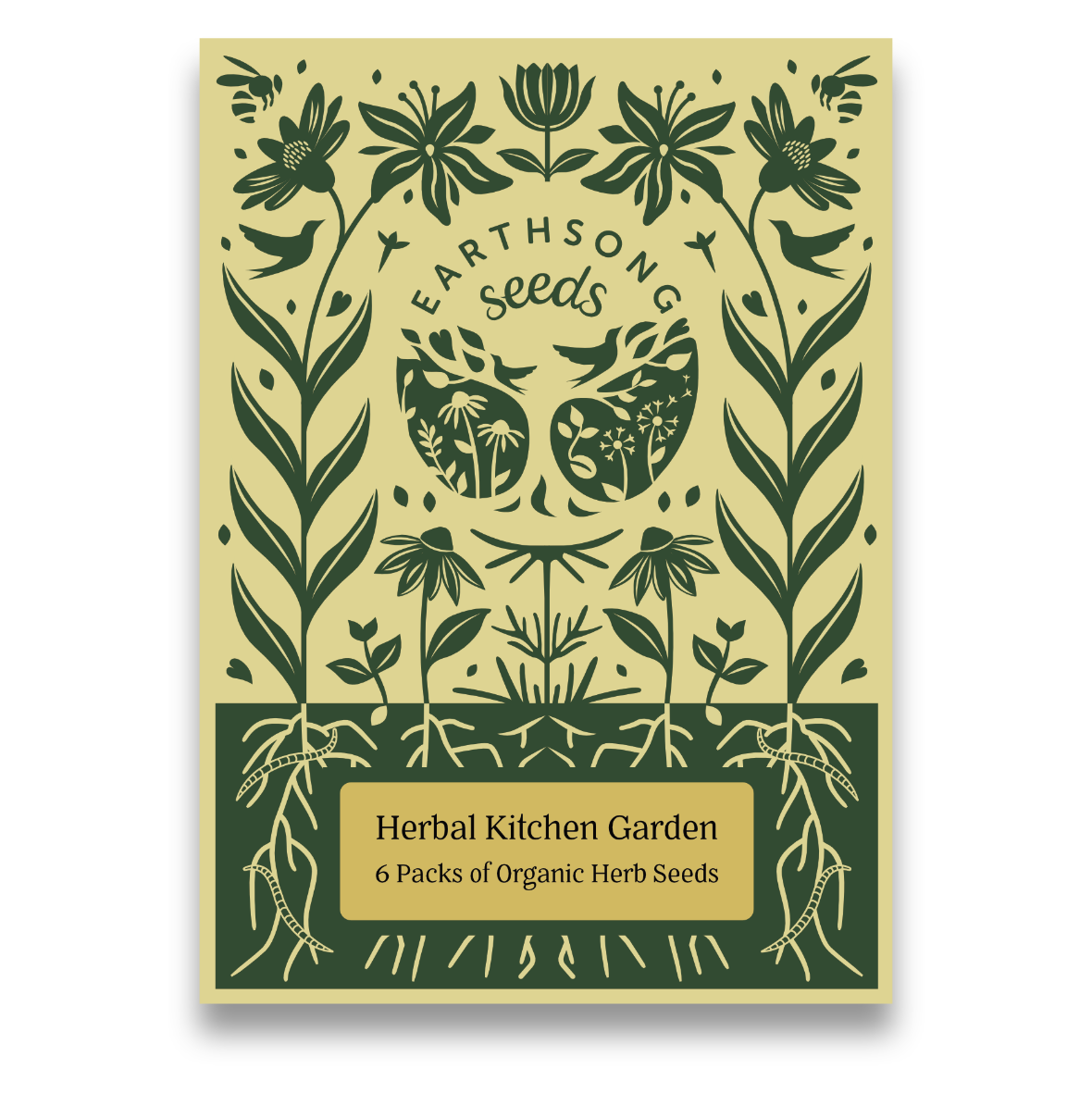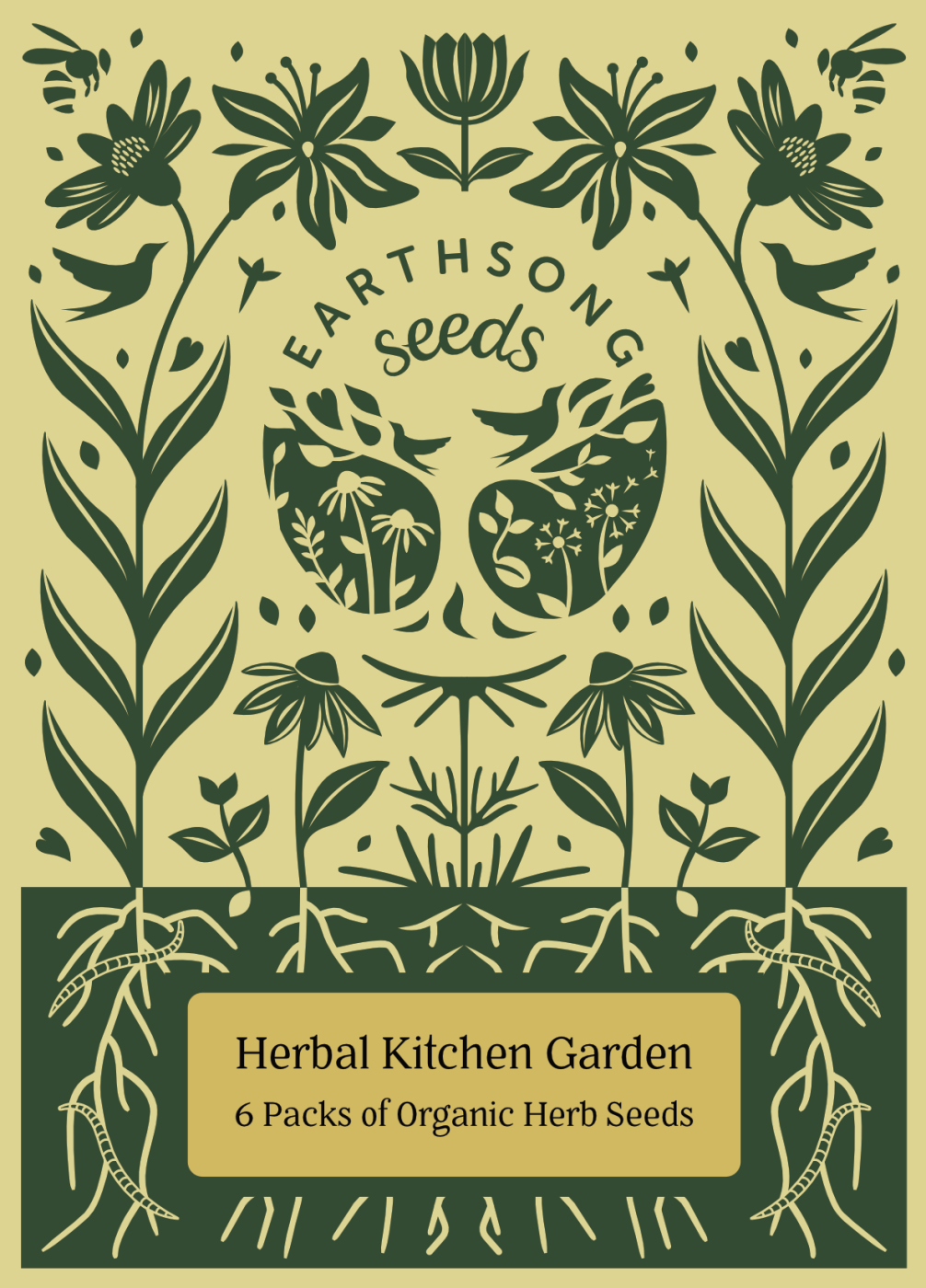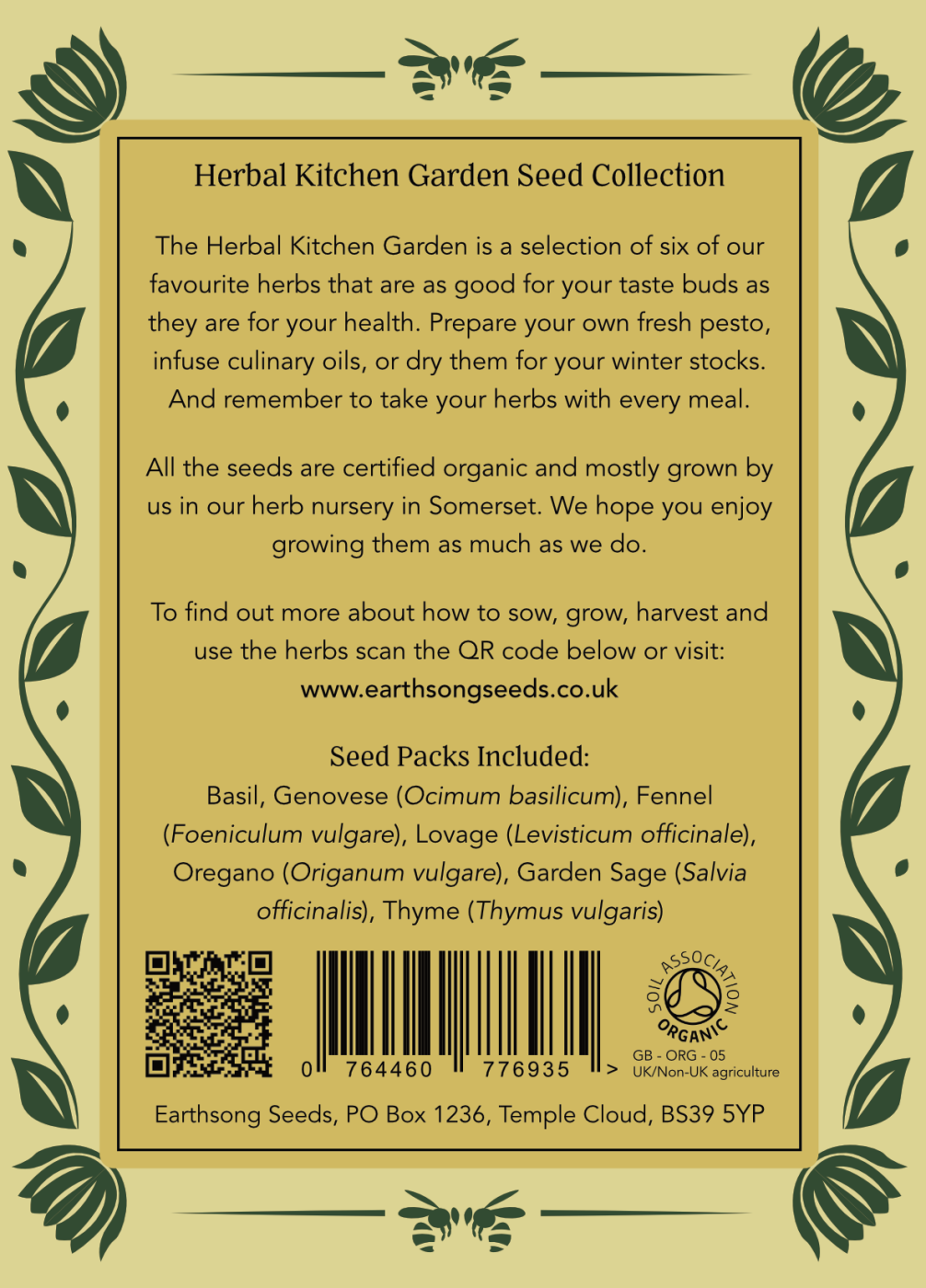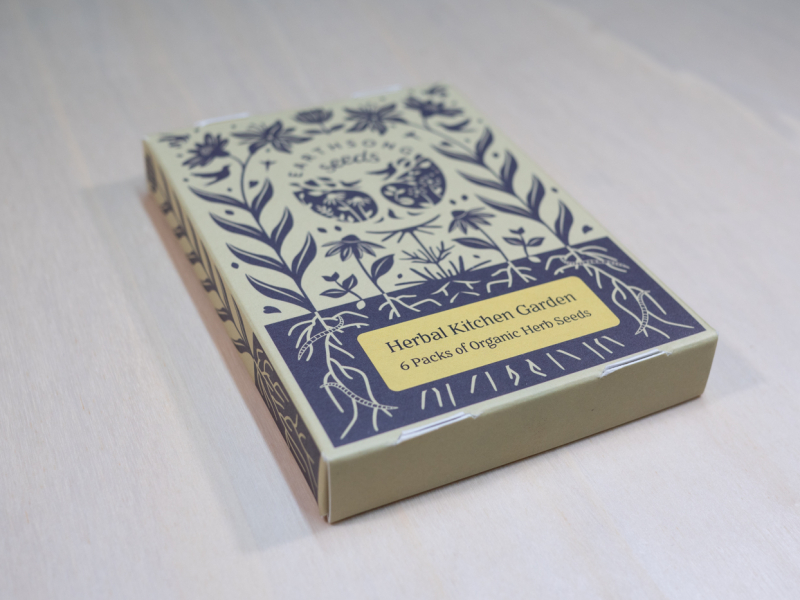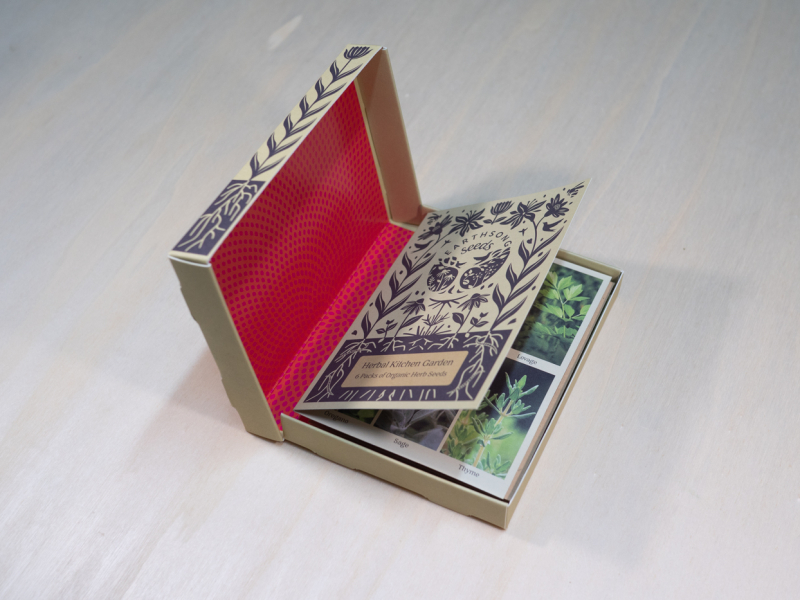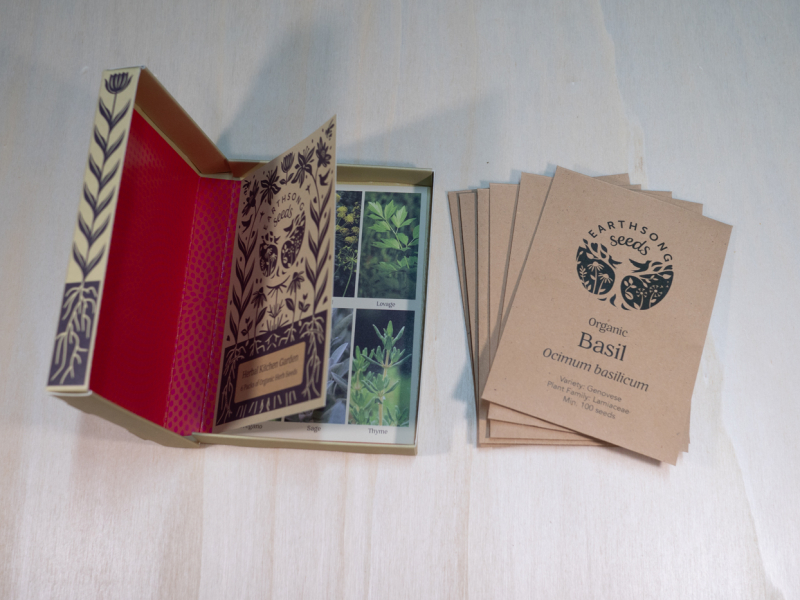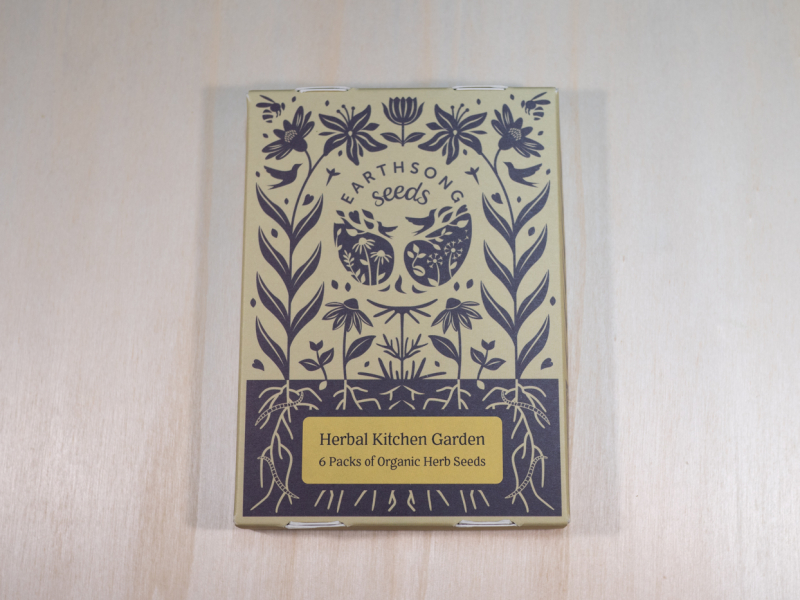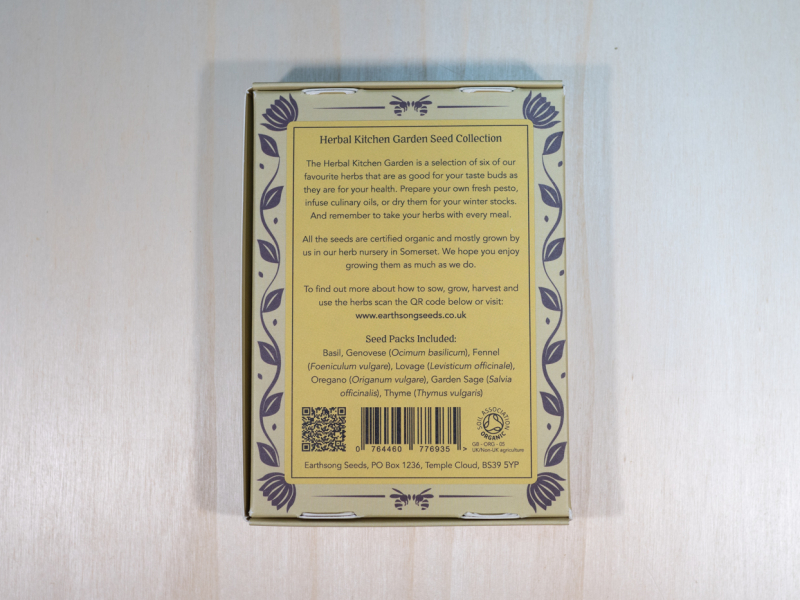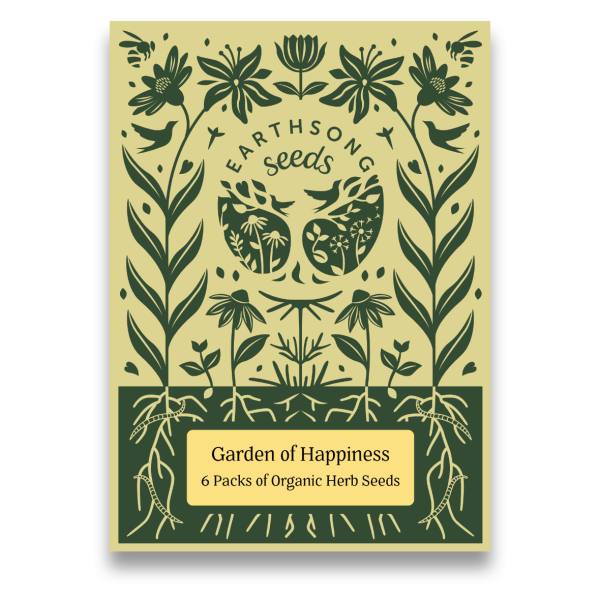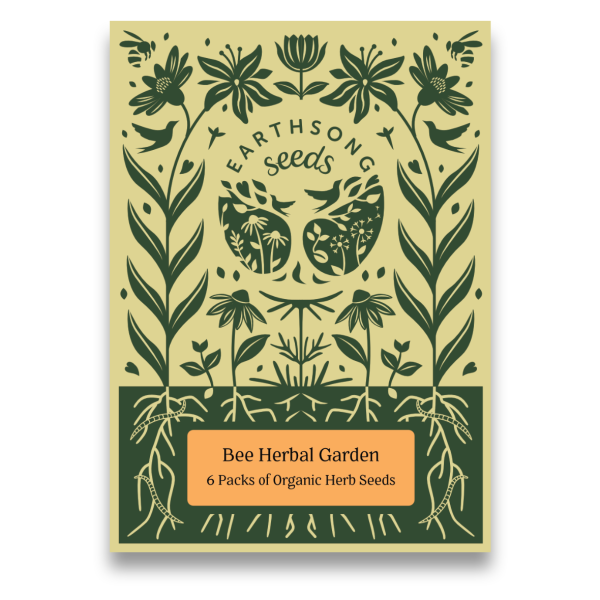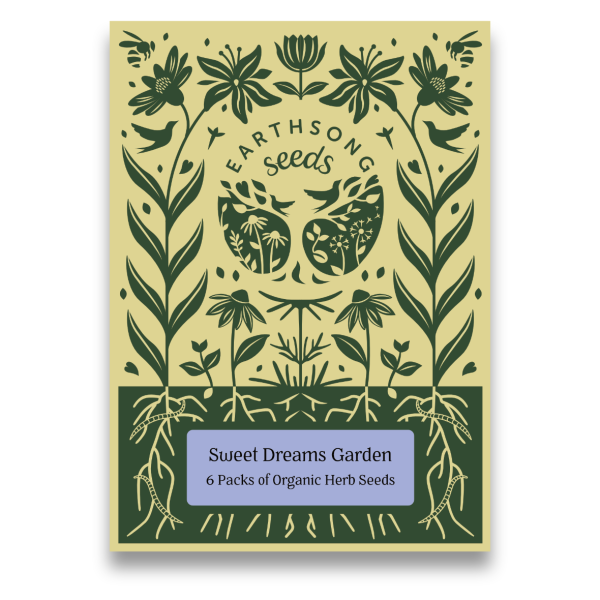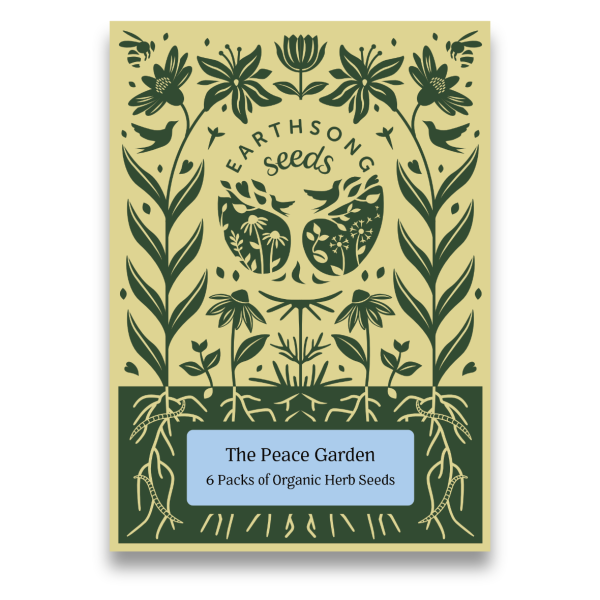Description
What would our food be without the deliciousness of herbs? Brimming with flavour, herbs have a long history of use in the kitchen and the clinic. Herbalist-chefs have discovered which plants enhance the taste of our meals as well as the health benefits of our diet. Whether spicy, sweet, aromatic or tangy, herbs bring out the best in every dish – and our digestion.
The flavours in our Herbal Kitchen Garden come from the essential oils that keep the plants – and us – in good health. We have chosen some of our favourites for you to grow a mouth-watering garden: basil leaves are renowned for their verdant freshness; fennel offers a delightful burst of sweetness (try nibbling the fresh seeds); lovage leaves have a distinctive celery-like flavour; oregano delivers strong spicy notes; sage evokes the essence of pine forests, and thyme provides a warming, woody aroma.
While we primarily grow the leaves for culinary use, many of these herbs – especially oregano, fennel, and thyme – also produce stunning flowers that will bring your garden to life with the sound of buzzing bees.

